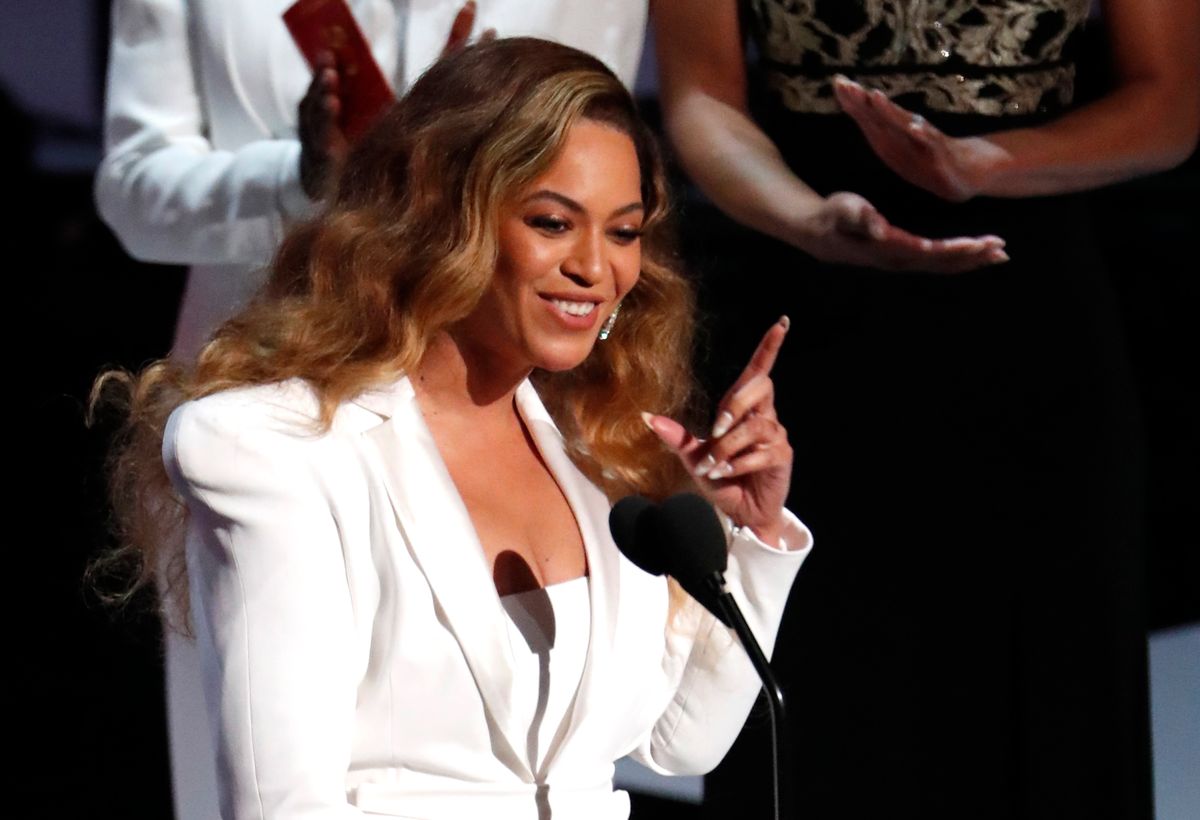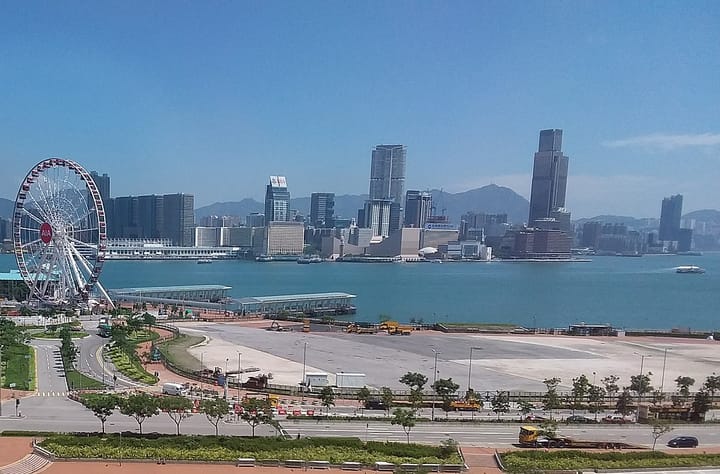Beyoncé’s controversial surprise performance in Dubai sparks criticism
Beyoncé made a controversial return to the stage in Dubai.

A few minutes every morning is all you need.
Stay up to date on the world's Headlines and Human Stories. It's fun, it's factual, it's fluff-free.
The backstory: It's a big year for Beyoncé at the upcoming Grammys this February. Her album "Renaissance" scored nine nominations, making her the most nominated artist of the year. With these, she's now in a tie with her husband, Jay-Z, for the most Grammy nominations of all time (88, but who's counting?). Other artists with multiple nominations include Kendrick Lamar, Adele and Harry Styles. But the thing is, superstar Beyoncé hasn't even had a full concert since 2018.
The development: Beyoncé made a controversial return to the stage in Dubai on Saturday with a concert she was reportedly paid US$24 million for. The exclusive event was held at a luxury hotel and attended by VIP influencers and journalists. The performance included a 19-song set – but no material from her "Renaissance" album.
So why exactly did Beyoncé's concert in Dubai spark criticism? Because of the country's human rights records. In fact, many artists have been urged to cancel concerts in the UAE and Saudi Arabia over human rights concerns, with some, like Nicki Minaj and Justin Bieber, facing pressure to withdraw from their shows in the past.
Key comments:
"There's a Utopia of people from all over the world on this stage and we are so honoured to be here to celebrate this night with you," said Beyoncé during the performance.
"We've given her creative control. This is her art - we want her to express her art in her way," said Tim Kelly, the event's managing director, to the PA news agency.
"Dubai is in a significantly stronger position now than in 2009," said Monica Malik, chief economist at Abu Dhabi Commercial Bank, referring to the rising popularity of Dubai. "There is fundamental tightness in the real-estate market, the UAE has introduced regulations to reduce systemic risks and the tourism sector is broader, with more people globally discovering Dubai after its strong handling of the pandemic."
TMS asked an expert for their take on Western artists performing in Saudi Arabia, and here's what they had to say:
"There are several factors affecting the ethical considerations of a performance: First, what impact is the performance going to have. Is there room for social messaging? Who is the audience? What will happen after the performance. Second, what kind of message is being sent to the country in question, to the global community, and to the performer's own fans. Third, is the country in question on a positive or negative trajectory?
People-to-people contacts offer an opportunity for cultural exchanges, breakdown in communication barriers and stereotypes, and improvement in relations that can also facilitate government contacts. In the case of Dubai, while it is not a liberal democracy in the same sense that the US, it has come a long way in achieving improvements in various areas, including the overhaul of labor laws and practices, women's rights, and other concerns. With women becoming increasingly active and playing leading roles in various positions, and with the younger populations engaging in civil society as well as government-led initiatives, having popular American women performers can only help with bringing the younger generations and young women to experiencing American culture and perspectives. If there is a concern about the conservative tribal, sectarian, or religious nature of particular communities and societies, there is nothing like exposure to other cultures to open minds to other ways of life. Furthermore, if the concern is about particular government actions, this concern should be tempered with the understanding of local culture in that 1. Emiratis have a very high degree of trust in their governments and therefore attacking positive cultural gestures will likely backfire and make them less open to Western perspectives on human rights or other issues and 2. there is no reason to punish young people already interested in a Western performer for alleged violations by the government."
- Irina Tsukerman, human rights and national security lawyer, geopolitical activist and president of Scarab Rising, Inc.




Comments ()